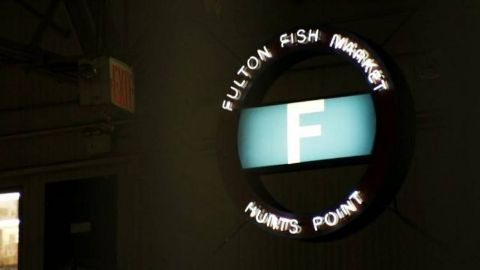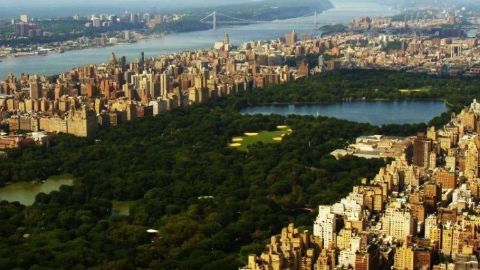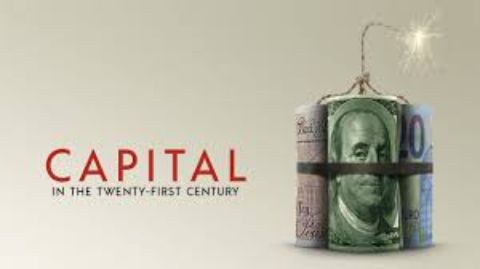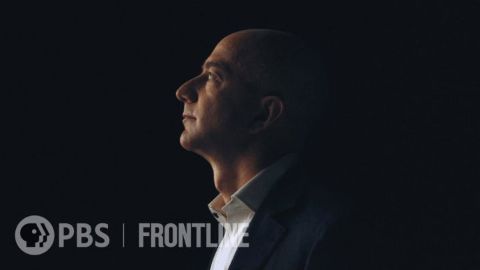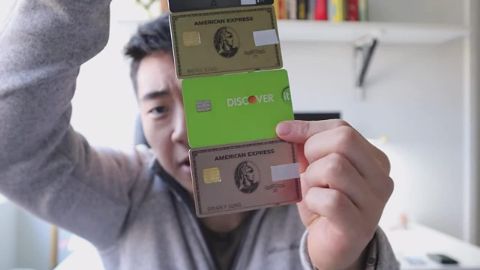Grand Central Terminal • 2016 • episode "Part 1" • New York: America's Busiest City
Ade Adepitan, Anita Rani, Ant Anstead and Dan Snow take a closer look at one of the most complex and powerful cities in the world, focusing on transport links in the first edition. Anita, Ade and Ant head to Grand Central Terminal, joining the daily commute on the iconic Staten Island ferry as well as the subway, suburban railroad and citibikes. Dan visits Times Square to see how the 230 LED advertising hoardings are maintained, while Ade takes a ride in a yellow cab, discovering that the business model is under threat from newly created taxi apps.
Make a donation
Buy a brother a hot coffee? Or a cold beer?
Hope you're finding these documentaries fascinating and eye-opening. It's just me, working hard behind the scenes to bring you this enriching content.
Running and maintaining a website like this takes time and resources. That's why I'm reaching out to you. If you appreciate what I do and would like to support my efforts, would you consider "buying me a coffee"?
Donation addresses
BTC: bc1q8ldskxh4x9qnddhcrgcun8rtvddeldm2a07r2v
ETH: 0x5CCAAA1afc5c5D814129d99277dDb5A979672116
With your donation through , you can show your appreciation and help me keep this project going. Every contribution, no matter how small, makes a significant impact. It goes directly towards covering server costs.

